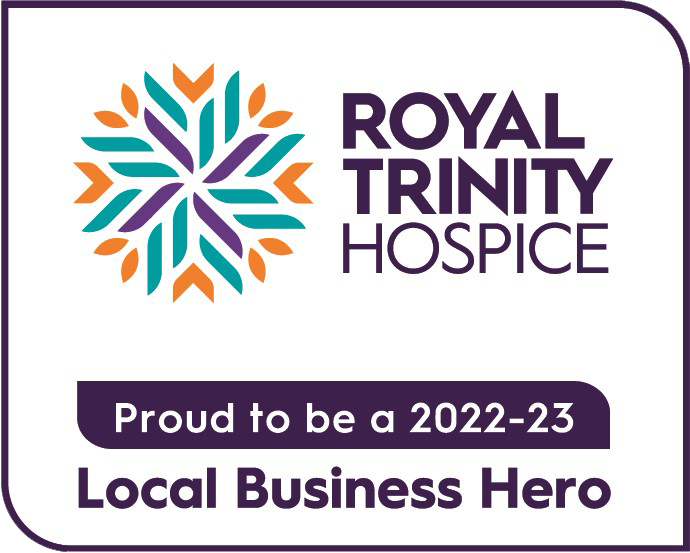
Try, try and try again…
Among Insight’s many and varied life experiences, one of the most poignant was as a member of the Independent Monitoring Board for a local prison.
Every prison in the UK has an IMB whose role it is to take a fresh eye to proceedings within the walls and, when necessary, call the authorities to account. It is distinct from prison visiting which is usually arranged on a humanitarian or charitable basis offering prisoners some basic education or life skills, spiritual guidance – or someone to talk to.
My institution was typical of many – 170 years old, designed to hold around 750 men, it now bursts at the seams with around 1,500 prisoners incarcerated in a foetid, barely sanitary and testosterone-fuelled environment. Healthcare arrangements with the then PCT (remember them?) were nothing short of chaotic.
There are between 80 and 90,000 people currently at His Majesty’s pleasure in the UK – about the same number as are in the Army. One prison officer suggested to me that of these in gaol, only around 45 would “never see the light of day again…”.
His point being, there are really very few truly evil people, and that the vast majority of prisoners shouldn’t be there at all. That prison is no real solution – nor deterrent – to crime is a tired cliche as old as the crumbling prisons themselves.
ITV’s Grand Slammers brought a relatively fresh perspective to the debate when the 2003 English Rugby World Cup winning team reunited briefly (oddly, for the first time since the match) to take their game to HMP The Mount – the only prison in the UK with a rugby pitch.
The concept was based on Johnson, Robinson, Dallaglio, Wilkinson et al’s collective experience of rugby having been a channel for their natural aggression and waywardness, ultimately giving them purpose, a notion of teamwork and some self esteem. Could “the ruffian’s game played by gentlemen” do the same for a bunch of cons?
As telly, it was utterly compelling. It was also very moving. First there was a struggle to get any prisoners to take part in a game many had not heard of. Second, most were chronically unfit – one man claimed to have gained six stone during his time inside. Most had had a rotten start in life resulting in depression and drug abuse. In fact, almost all those who took part were in for drug offences.
But, for all too brief a period, 15 prisoners were taken out of their dreary, listless and aimless incarceration and shown how they too could channel their energies to greater purpose – and head towards a happier, healthier existence. Which is great news for them, their families – but also to the NHS and our society.
Rugby isn’t for everyone. But any team sport or collaborative activity could offer the same benefits. If the Grand Slammers experience demonstrated social prescribing in action, then NHS England should be playing – and paying – for extra time.
Follow Salix & Co on Twitter @salix_says and more daily health and social care news and comment at Salix Bureau

